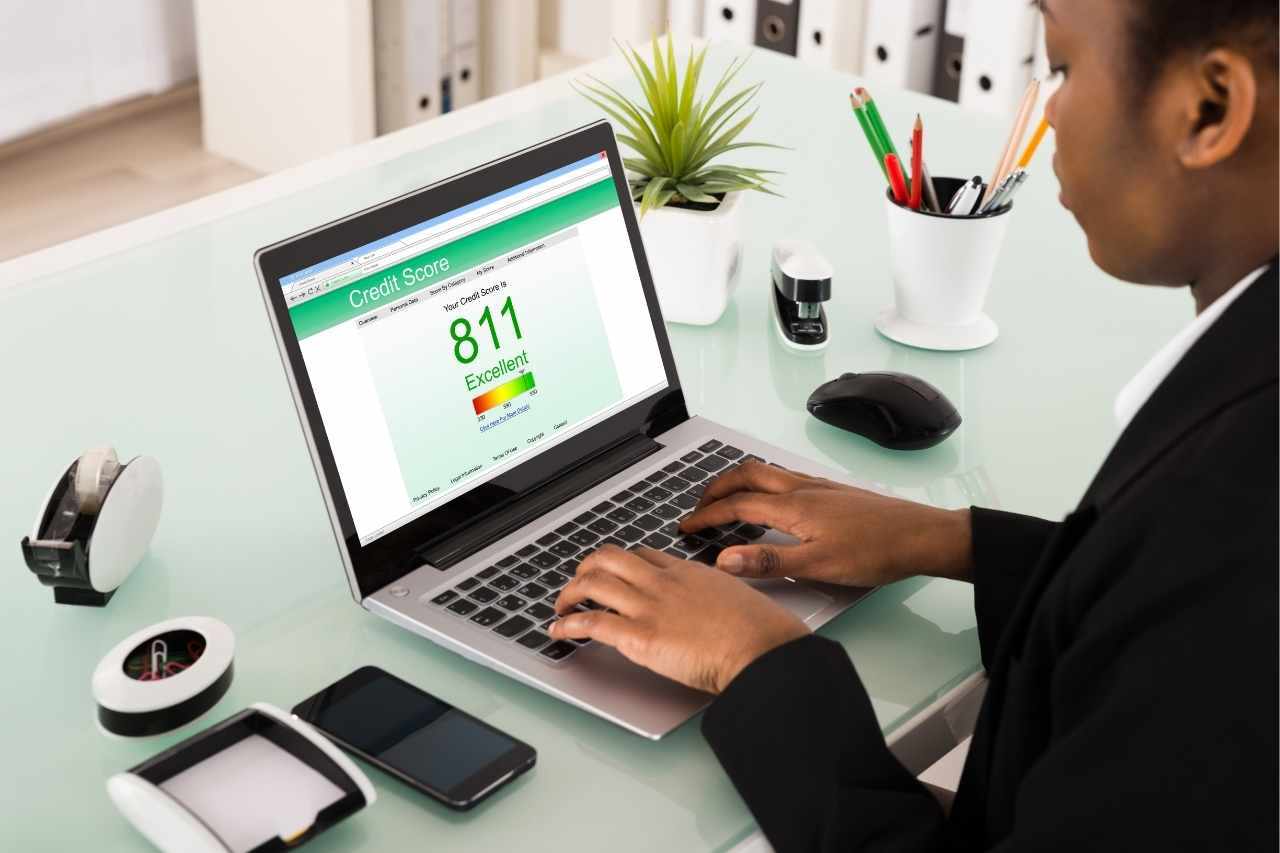Surprise! Improving your credit score might be easier than you think.
Do you worry that the dream of getting a home loan is out of reach because of a low credit score? The great news is that it’s relatively easy to boost your credit and make that mortgage dream a reality.
Here are 4 steps that can help improve your credit score:
Step 1: Pay your bills on time
Step 2: Limit credit inquiries
Step 3: Don’t use all your credit
Step 4: Check your credit report
1. Pay your bills on time.
This is your Number 1 weapon in the battle against low credit. In fact, FICO estimates that your on-time payment history can account for as much as 35% of your credit score.
If you already have a payment transgression on your credit report, don’t worry too much — what’s done is done. But make sure that starting today, you vow to make payments on time — every time.
Many consumers find that enrolling in “autopay” with their various credit card and utility companies is a great way to ensure they don’t accidentally misplace a bill that then becomes late.
2. Limit credit inquiries.
Whenever a cashier asks if you want to “save 10% by opening a store card today,” it’s sooo tempting to say yes. But, as hard as it is, you should resist. That’s because every time you apply for credit — what’s known as a “credit pull” — the credit bureaus make note. They might assume you are overextending yourself if you are applying for too much credit, which can ding your credit score.
3. Don’t use all your available credit, even if you’ve been approved for it
Are you racking up a $998 credit card bill every month — just up to your $1,000 limit? Beware. Even though you are officially “approved” for that entire $1,000, credit bureaus like to see that you’re only using about 30% of the available credit — what they call your “credit utilization” rate. So if you find that you’re routinely nearing your ceiling, see if your credit card company can bump your limit.
Another workaround is to split your spend between two cards so each one has a lower percentage balance. That also helps remove the temptation to close a card you don’t use very often, since credit history — as in, how long you’ve had your cards — is another component of your credit score. And of course make sure you pay off your cards every single month if at all possible.
4. Check your credit report.
Your credit might be lower than it should be due to errors on your credit report. That’s according to a study by the Federal Trade Commission (FTC) which found that one in five consumers discovered an error when checking their reports.
But you won’t know if you don’t look, and you may not realize that you can check the reports maintained by the three credit bureaus for free, once a year, via annualcreditreport.com.
To spread out those free reports, just choose to receive one from just one bureau at a time. This allows you to check one of your reports every four months, thus keeping regular tabs on your score.
What else can I do to improve my credit score?
Not sure if your credit score is high enough to qualify for a mortgage? Let Newfi Lending review your situation and see if we can help — Newfi has helped many borrowers achieve homeownership by overcoming issues with their credit history, such as late payments, bankruptcy, or foreclosure. Find out if we can help you today by calling us at 888-316-3934 or using this contact form.

